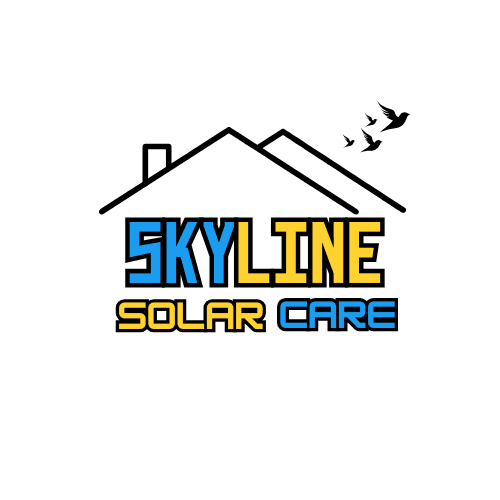How Local Weather Impacts Solar Panel Efficiency in Seminole and Volusia Counties
Understanding Solar Panel Efficiency
Solar panels are an excellent source of renewable energy, but their efficiency can be influenced by various factors, including the local weather. In Seminole and Volusia Counties, where the climate varies, understanding these impacts is crucial for optimizing solar energy production.
Solar panels convert sunlight into electricity, and their efficiency is typically measured by the amount of sunlight they can convert. While solar technology continues to advance, environmental factors can still play a significant role in performance. Let's explore how weather specifically affects solar panels in these Florida counties.

Sunlight and Solar Panel Output
One of the primary factors affecting solar panel efficiency is the amount of sunlight available. Seminole and Volusia Counties enjoy abundant sunshine throughout the year, which is beneficial for solar energy production. However, the intensity and duration of sunlight can vary, impacting the overall efficiency.
During the summer months, longer daylight hours and higher solar insolation levels can lead to increased energy production. Conversely, shorter days in winter may result in reduced output. It's essential to consider these seasonal variations when planning solar installations.
Cloud Cover and Its Effects
Cloud cover can significantly impact solar panel efficiency. Overcast skies reduce the amount of direct sunlight reaching the panels, thereby decreasing their output. Fortunately, modern solar panels can still generate electricity from diffuse light, albeit at a lower efficiency.

In Seminole and Volusia Counties, occasional cloud cover is expected, especially during the rainy season. However, strategic placement and advanced technology can help mitigate these effects, ensuring consistent energy production.
Temperature and Solar Performance
Temperature also plays a role in solar panel efficiency. While Florida's warm climate is generally favorable, excessive heat can reduce the panels' performance. Solar panels operate optimally at cooler temperatures, so extreme heat can lead to efficiency losses.
To combat this, solar installations in Seminole and Volusia Counties often incorporate ventilation and cooling systems to maintain optimal temperatures and enhance overall efficiency.

Rain and Maintenance
While rain might seem like a hindrance, it can be beneficial for solar panels. Rain helps clean the panels, removing dust and debris that can accumulate and block sunlight. This natural cleaning process ensures that the panels remain efficient over time.
Regular maintenance, alongside natural cleaning from rain, can enhance the longevity and performance of solar installations. Homeowners are encouraged to schedule periodic inspections to ensure everything is functioning optimally.
Maximizing Solar Efficiency
To maximize solar efficiency in Seminole and Volusia Counties, homeowners and businesses can consider several strategies:
- Optimal placement and angling of panels to capture the most sunlight.
- Utilizing high-efficiency solar panel models.
- Implementing regular cleaning and maintenance routines.
- Incorporating energy storage solutions to balance production and consumption.
By understanding and addressing the local weather impacts, residents of these counties can make the most of their solar investments, contributing to a more sustainable future.
